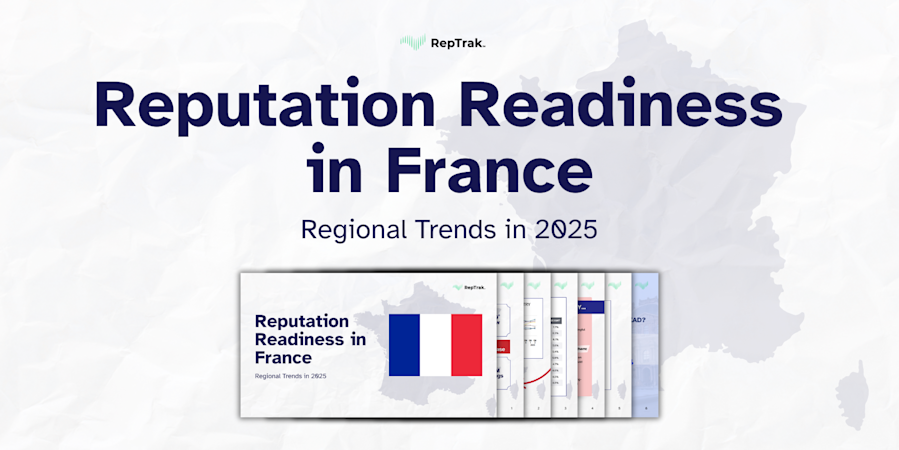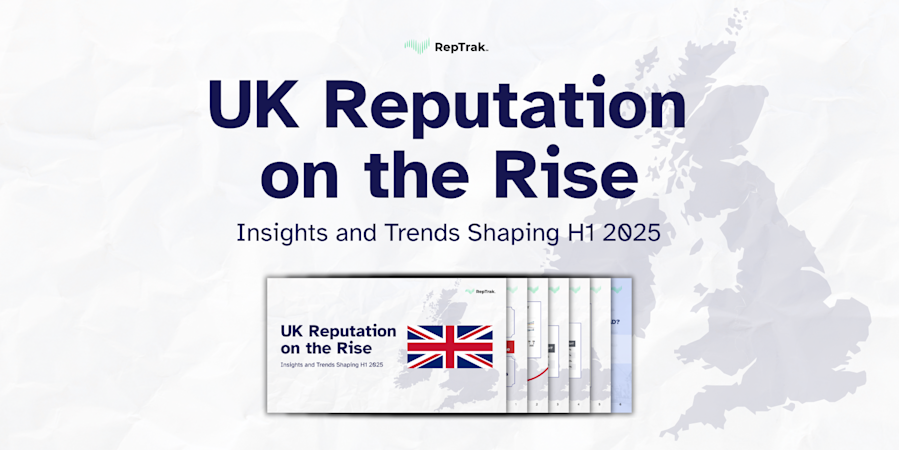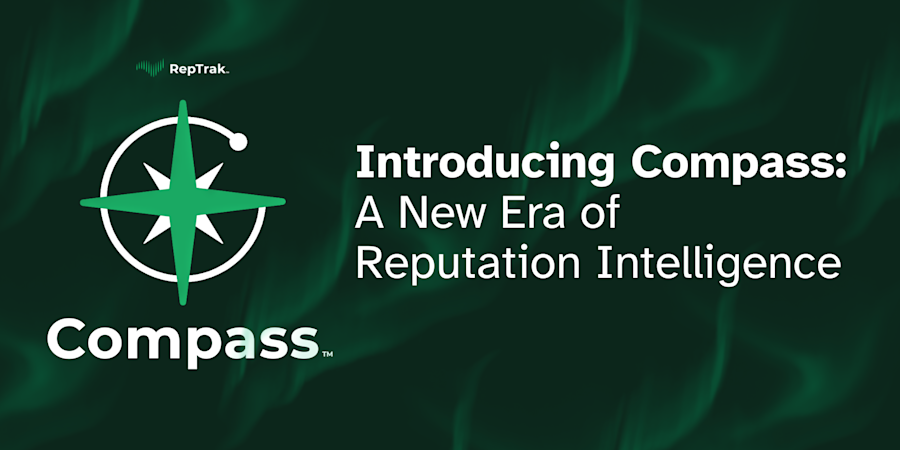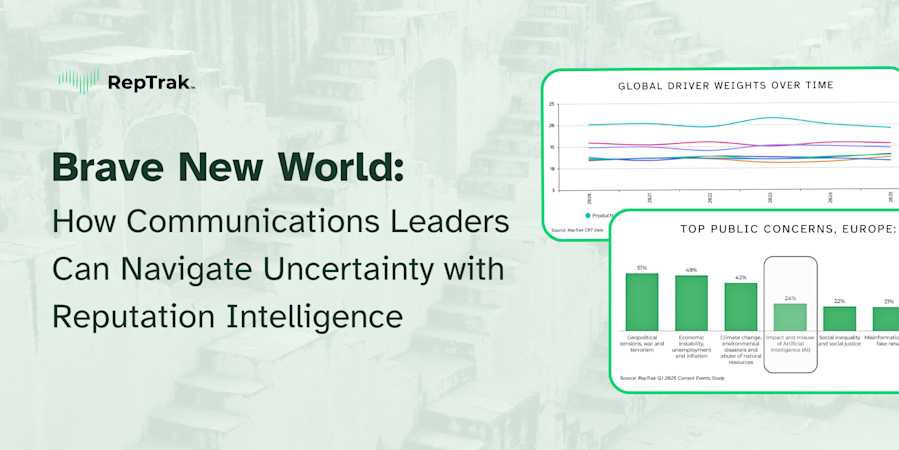Why CEOs Are Faced with Increasing Reputation Risk
Blog Post14 Jun, 2019
CEOs are moving on and being replaced at unprecedented levels. In 2018, a total of 1,452 CEOs departed their roles, that’s up 25.2% from 2017 according to a recent study from Challenger Gray. And while there are often mitigating factors in play, it’s more than a coincidence that as expectations placed upon a CEO have increased, so has the number of CEOs who have been replaced. Perhaps this is no wonder—with the emergence of the #metoo movement, demands for equal pay, growing data privacy concerns, and elevated environmental concerns—all of which have served to increase the risks faced by the CEO and the company. In part, these types of issues have contributed to the rise of CEO Activism—which put simply, is a phenomenon where a CEO is expected to take a stand on social or environmental issues that matter to people and the planet, but are not always related to short-term profits—or even share holder expectations. A study by Weber Shandwick found that about 1/3 of the General Public view CEO Activism favorably. And in addition, our very own global trends study of global Chief Communications Officers identified that CEO Activism is the #5 concern, relative to the plethora of reputational issues that companies are grappling with today. And so, it all begs the question as to when and why did the general public put CEOs on such a moral pedestal that they are now judged for far more than simply doing their jobs?
When did CEO Activism become so critical?
The tipping point for CEO Activism seems to have been around the timing of the number of CEOs resigning from President Trump’s American Manufacturing Council in April 2017. Led by company leaders such as Kenneth Frazier, CEO of Merck, who publicly stated that “as a matter of personal conscience, I feel a responsibility to take a stand against intolerance and extremism.” Several other CEOs followed in taking a stand against the US President to stand up for issues that mattered to them and their companies. With subsequent reactions to the withdrawal from the Paris Agreement, Charlottesville white supremist rallies, or DACA, to name a few issues, CEOs ranging from Bob Iger (Disney) to Elon Musk (Tesla) took matters into their own hands and made statements through their resignation from the Manufacturing Council.
Why did CEO Activism become so critical?
We can also look back to 2018 to understand what’s important to assessing the reputation of CEOs and how that aligns with stakeholder expectations. Based on the inaugural CEO RepTrak study, the business drivers of what defines the reputation were defined by four cognitive drivers of CEO reputation based on perceptions of Influence, Responsibility, Leadership and Management.
CEO RepTrak Model
Applying a regression to identify the derived importance and potential to predict the CEO RepTrak reputation score, identifies that one of the drivers is disproportionately more important that the others in shaping reputation. That dimension is based on perceptions of Responsibility. Or, as defined in the model, acting responsibly, behaving ethically, and caring about social issues. According to the CEO RepTrak study in 2018, this explains the difference between a higher-ranking CEOs such as Sundar Pichai (Google) and while lower ranking CEOs such as Travis Kalanick (previously-Uber) rated so poorly. This desire for responsible behavior amplifies the CEO expectation to be ethical, show human empathy, and care about employee well-being, all of which matter more than ever. This view of the CEO as being responsible also translates to the reputation of companies, which more and more are being assessed on the merits of Governance and Citizenship, as key aspects of Corporate Responsibility.
Do the right thing.
And indeed, there-in lies the problem for CEOs, in that their own reputation impacts the reputation of the company, and in many-ways CEOs are a mirror image reflection of what the company stands for through the eyes of the stakeholders. It means that indirectly, the risk CEOs are exposed to, become the risks the company stands for, so that if a CEO falls short of less than stellar ethical behavior, or does not become a champion of good Governance and Citizenship, then it would seem that there the potential consequences. So perhaps the morals of the story are CEO Beware and Do the right thing, not only by your shareholders, but also the world.
Five Rules for CEOs to live by:
Be responsible.
Be vocal.
Be visible.
Stand behind the things that matter to the world and your company.
Be human.
Abide by these rules, and you and your company will be reputationally rewarded. And the dividends can be truly significant—with an increase by as much as 10+ reputation points for your company’s reputation. Given that 1-reputation point translates to a 2.6% increase in market cap, then perhaps it makes it all the worthwhile for a CEO to be caught being good.
What does this all mean for CEOs? Chances are, the expectations for delivering on responsibility—and the resultant implications for the company and CEO are only set to increase.
Stephen Hahn-Griffiths Executive Vice President The RepTrak Company [email protected] @shahngriff






